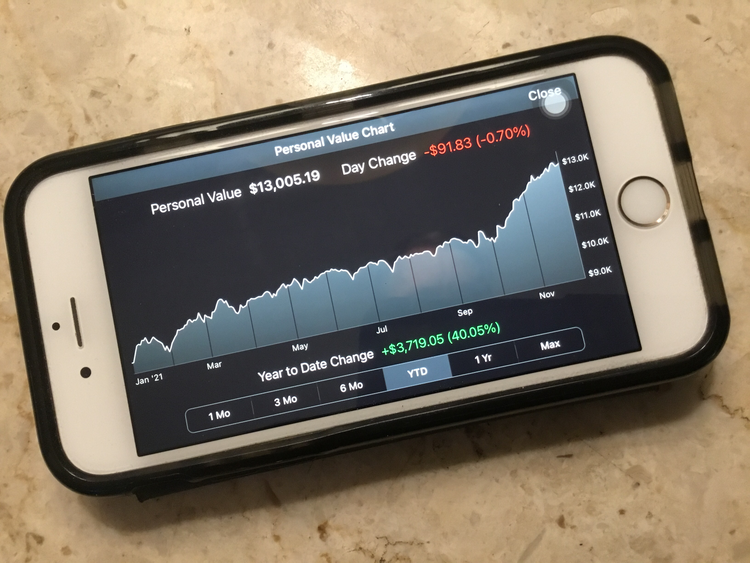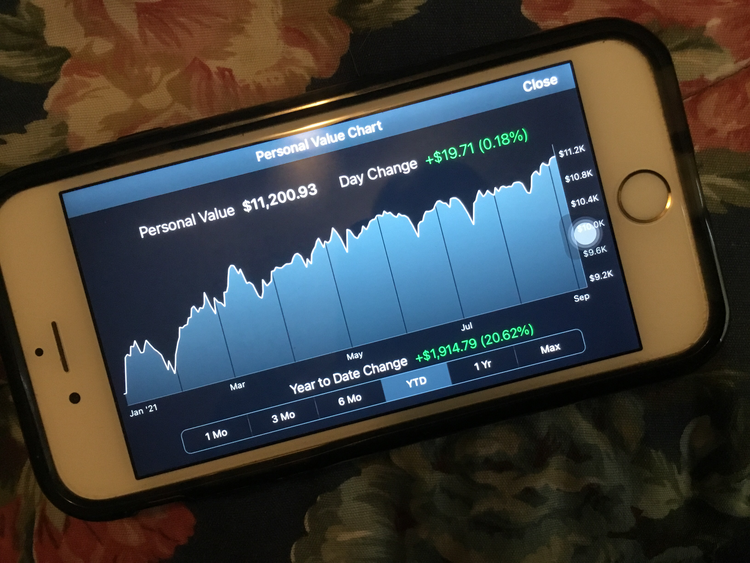Financial Literacy Month

April is Financial Literacy Month in the United States. Congress designated April for financial literacy back in 2004.
According to Investopedia, financial literacy is the ability to understand and effectively use various financial skills, including personal financial management, budgeting, and investing.
Your Financial Literacy
Where do you stand concerning financial literacy and your own personal financial management? Consider these questions:
- Do you have a budget?
- Do you know where all of your money goes every month?
- Do you typically run out of money before you run out of month?
- Do you typically carry credit card or other higher interest debt month to month?
- Do you have an emergency savings account?
- Are you saving for retirement?
These are just a few important money management questions, to which everyone should know the answers. If you answered no to any of these questions, perhaps it's time to improve your financial literacy and get your financial house in order.
Financial Literacy's Five Pillars
Let's review the important areas of financial literacy. Thank about which areas you need to put some effort into. Here we go:
- Earn money. Seems straight forward and obvious. There isn't much to money management if you have none. Think about your current employment, your career path and goals, and what you can do to improve your earnings, both immediately and over the long term. I will cover this more in a future post.
- Spending. This is where budgeting comes in. Most people need a budget. Consider developing a personal budget if you lack one. If you don't know where to begin, a popular higher level budget known as 50/30/20 may be a good place to start. The 50/30/20 budget works like this: 50% of your net pay goes to essential expenses such as mortgage/rent, automobile and transportation, groceries, utilities, etc.; 30% goes to discretionary expenses such as eating out, travel, etc.; and 20% goes to savings. I will cover this more in a future post.
- Savings. Savings includes emergency savings, retirement savings, and personal debt reduction. Do you have an emergency fund? Are you saving/investing for retirement? Are you paying down personal debt? I will cover this more in a future post.
- Borrowing. Ideally, you would never need to borrow money. As this is unrealistic for most of us, you must understand and manage your loans, credit cards, and your credit score. Loans range from a 30 year mortgage to car loans to a $500 short term personal loan. Credit cards may seem very similar at first glance, but vary significantly based on issuers, annual percentage rate (APR), intended purpose, etc. Your credit score is extremely important. You need to know your credit score(s), the factors affecting how it is computed, and how to improve it. I will cover this in detail in a future post.
- Protecting. After getting your financial house in order, you must protect your finances by reviewing your bank or credit union accounts frequently, reviewing your credit card activities and statements, and ensuring your ID isn't used or stolen. You need some insurance for home, auto, and emergencies. I will cover this more in a future post.
How is Your Financial Literacy?
With April being Financial Literacy Month, take a few minutes to consider your personal financial management status. If you don't like what you see or feel you need improvements, resolve to take control of your finances and to educate yourself to ensure and maintain your financial well being.
Before financial independence, retire early (FIRE), you MUST possess good financial literacy.
Will you commit to improving your financial literacy? As Mr. Nike says, "Just do it!"
I expect to follow up with a couple of supporting financial literacy articles soon. Watch for them.
Thanks for reading!
Mike
Editor, The FIRE Letter
Disclaimer: All strategies including recommended trades published here are for educational and informational purposes only. They are not recommended for any specific individual, business, or other legal entity. I don’t know your age, income, personal or financial circumstances and cannot possibly suggest any financial decisions for you. Seek advice from your accountant, financial advisor, and attorney before making any investing decisions. Always conduct your own due diligence before making any investing decisions. Seriously!





